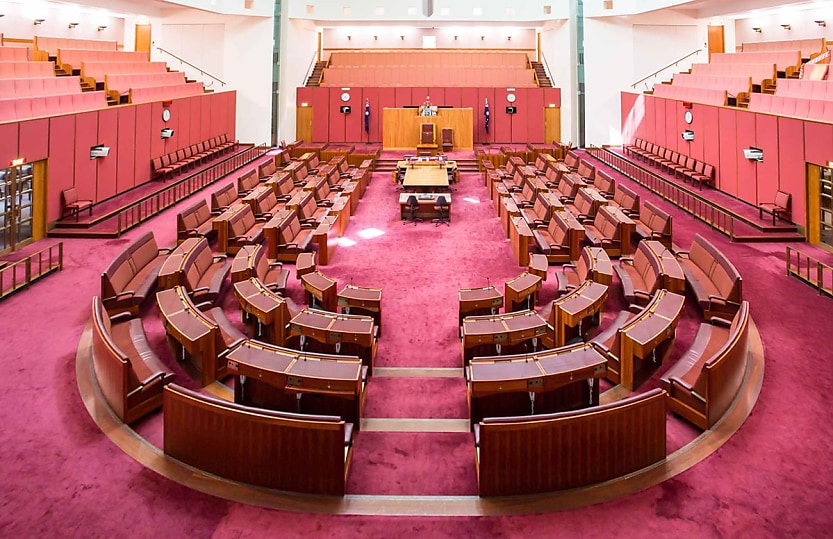Senate passes climate reporting regime reforms with amendments

The bill to implement the mandatory climate reporting regime will now return to the lower house after amendments were made in the Senate.
The government is now one step closer to implementing Australia’s climate risk disclosure framework which introduces standardised reporting requirements for businesses in relation to climate-related financial risks and opportunities.
The Treasury Laws Amendment (Financial Market Infrastructure and Other Measures) Bill 2024 was passed by the Senate on Thursday with minor amendments. The bill will return to the House of Representatives for consideration in the September sitting.
The amendments to the bill make changes to the requirements for scenario analysis disclosures.
Law firm Herbert Smith Freehills explained that under the amendments, entities will be required to use both scenarios set out in the Climate Change Act 2022.
This includes a low warming scenario of 1.5 degrees, where the increase in global average temperature is limited to 1.5 degrees above pre-industrial levels, and a high warming scenario where the global average temperature well exceeds 2 degrees above pre‑industrial levels.
In a recent article, Herbert Smith Freehills said the amendments recognise the respective positions of the Greens and Senator David Pocock, both previously advocating for mandatory disclosures against higher temperatures.
“The high warming scenario requires disclosure against a higher temperature scenario than the Paris Agreement, which aims to keep global temperatures to well below 2 degrees above pre-industrial levels, and preferably to limit the increase to 1.5 degrees,” the law firm said.
“It also is a higher temperature than what is provided for in existing scenario analysis mandates.
“Reporting entities will need to compare how these mandated scenarios sit alongside their existing scenario analysis, including in terms of impairments, and should consider whether there is scope to streamline the multitude of different scenarios it could otherwise be preparing to disclose against.”
No further amendments to the bill were passed by the Senate, which means modified liability regime and phase implementation and reporting thresholds will remain the same.
The mandatory report regime is also still expected to apply from 1 January 2025 for group one entities.
Treasurer Jim Chalmers said the reforms were critical in providing investors and companies the clarity and certainty that they need to support the net zero transformation, and further strengthen Australian’s reputation as an attractive destination for international capital.
“Reporting requirements will commence from 1 January 2025 for Australia’s largest listed and unlisted companies and financial institutions and other large businesses will be phased in over time,” said Chalmers.
The Treasurer noted that the Australian Accounting Standards Board will issue internationally aligned standards in the near future.
ASIC chair Joe Longo stated previously that while the corporate regulator would take a “pragmatic approach” to administering new climate-related financial disclosure rules, entities should already be preparing for the new reporting.
The bill will require captured entities to prepare a “sustainability report” per the sustainability rules developed by the Australian Accounting Standards Board.
Longo said entities need to figure out how they’re going to marshal data, support and capabilities, and start keeping the necessary records.
He also said entities should be developing the organisational and governance structures needed to support the new disclosures.
About the author







